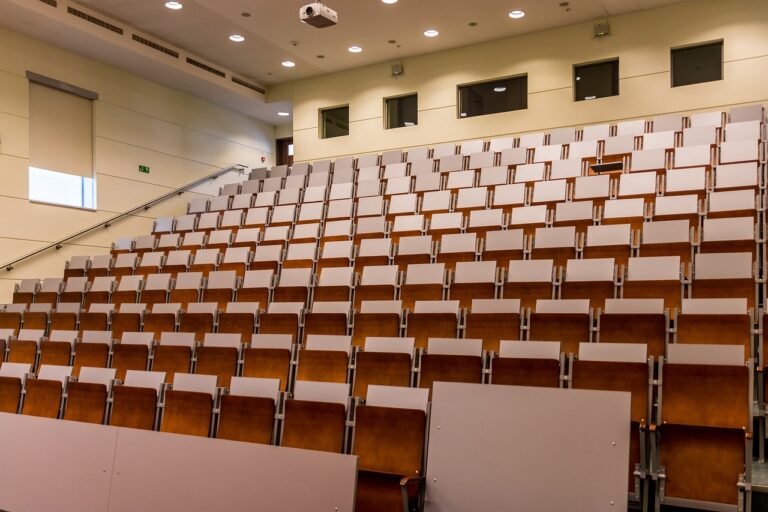Exploring the Link Between Music Education and Academic Achievement
Research has consistently shown that music education plays a crucial role in enhancing cognitive development in children and adolescents. Engaging in musical activities stimulates various areas of the brain, fostering improved cognitive functions such as problem-solving, critical thinking, and creativity. By learning to play an instrument or participate in singing exercises, individuals not only develop their musical skills but also enhance their ability to focus, analyze information, and make connections between different concepts.
Moreover, music education has been found to have a positive impact on emotional intelligence by promoting self-expression and emotional regulation. Through musical experiences, students learn to express their feelings and communicate effectively, leading to a greater understanding of themselves and others. This emotional awareness and sensitivity cultivated through music education contribute to overall cognitive development and social interactions, ultimately shaping well-rounded individuals with strong problem-solving skills and empathy.
The Impact of Music Education on Math Skills
Studies have shown a strong connection between music education and the development of math skills in students. When children engage in learning music, they are essentially honing their abilities in patterns, sequencing, and organization. These skills are not only vital in musical compositions but also in grasping mathematical concepts effectively.
Moreover, the relationship between music and math goes beyond just similarities in patterns. Music education has been observed to improve spatial-temporal skills in students, which are crucial for understanding mathematical reasoning and problem-solving. By engaging in activities that require rhythmic understanding and coordination, students can enhance their spatial awareness and ability to visualize mathematical concepts.
• Music education helps in developing patterns, sequencing, and organization skills
• Enhances mathematical reasoning and problem-solving abilities
• Improves spatial-temporal skills crucial for understanding math concepts
• Engaging in rhythmic activities enhances spatial awareness and visualization of math concepts
How Music Education Enhances Memory and Recall
By engaging in music education, individuals can significantly enhance their memory and recall abilities. Research has shown that learning to play a musical instrument can stimulate various parts of the brain associated with memory processing. This strengthened neural activity can lead to improved memory retention and recall, both in the short-term and long-term.
Furthermore, the act of reading music and understanding musical patterns can challenge the brain to create new connections and pathways, ultimately enhancing cognitive functions related to memory. Studies have demonstrated that individuals who receive music education tend to have better memory skills, enabling them to more effectively retain and retrieve information in various areas of their lives.
How does music education benefit cognitive development?
Music education has been shown to improve cognitive skills such as memory, attention, and problem-solving abilities.
Can music education help improve math skills?
Yes, studies have found a strong correlation between music education and improved math skills, as music and math both involve patterns, sequences, and counting.
How does music education enhance memory and recall?
Music education requires students to memorize notes, rhythms, and lyrics, which can strengthen memory skills. Additionally, music has been found to activate multiple areas of the brain, leading to improved memory and recall abilities.







